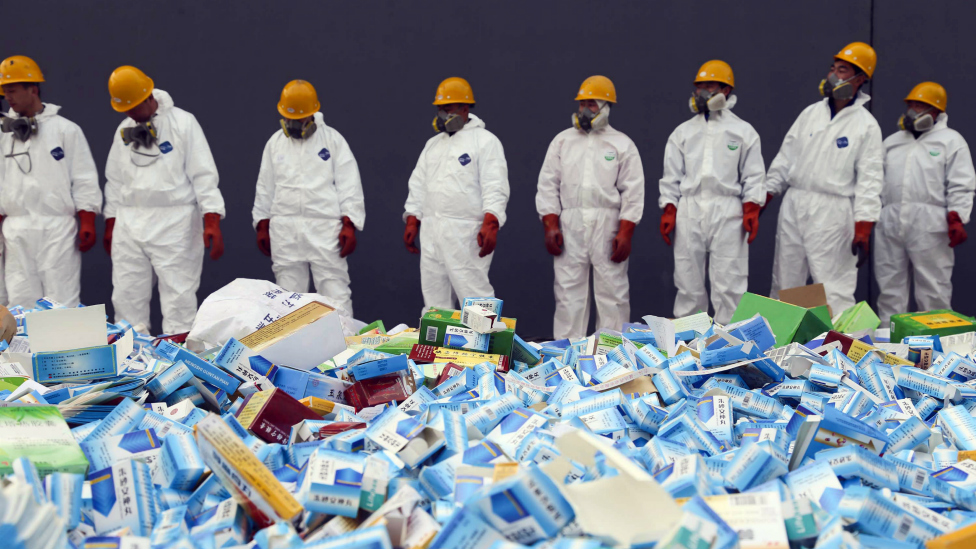An explosive device detonated this Monday inside a television channel in Ecuador and a similar one was found in another media outlet, leaving no serious injuries or damage, authorities reported.
Source: AFP
Journalist Lenin Artieda from the private chain Ecuavisa received an envelope with a flash drive and when he inserted it into a computer “it exploded,” the channel said on its website.
He added that the communicator, who works in the city of Guayaquil (southwest), “was not injured.”
Hours later, the Prosecutor’s Office also confirmed in Guayaquil “the existence of a bomb (with the same characteristics as the one found in @Ecuavisa) in the News Department” of TC Television, which is under state administration.
“Anti-bomb personnel will proceed to detonate,” added the Prosecutor’s Office.
The national chief of Police Criminalistics, Xavier Chango, commented that the load used in the flash drive could be “RDX”, “a military type explosive”.
Artieda “apparently has some kind of discomfort in the hand and a very slight affectation in the facebut it is not a complex situation,” Chango told the press.
The head of criminalistics said that the Police is also attending to “the alert of (other) two sites in Quito”, to which similar envelopes would have arrived.
“We cannot confirm if they are directly related or if they are isolated events,” Chango said, adding that the investigation in the capital is focused on two other media outlets.
The General Secretariat of Communication (Segcom) expressed its solidarity early with Ecuavisa and Artieda “for the attack of which he was a victim this morning.”
“The National Government categorically rejects all kinds of violent acts perpetrated against journalists and the media,” the ministry said in a statement.
He described as “reprehensible” the attempts by “intimidate” to journalism.
Last year the RTS channel was attacked with shots and in 2020 an explosive device exploded at the facilities of the Teleamazonas television station.
The Permanent Committee for the Defense of Human Rights of Guayaquil (CDH) expressed its concern about the “attacks on journalists in the context of (the) expansion of (the) insecurity in Ecuador.”
The port of Guayaquil is one of the most violent areas in Ecuador, where criminal gangs linked to drug trafficking dispute drug trafficking routes with fire and blood.
This Andean country, characterized until recently by a peaceful context, is currently facing a strong wave of violence, which has grown along with drug seizures (200 tons in 2022).
The rate of violent deaths in Ecuador went from 14 per 100,000 inhabitants in 2021 to 25 in 2022.


















